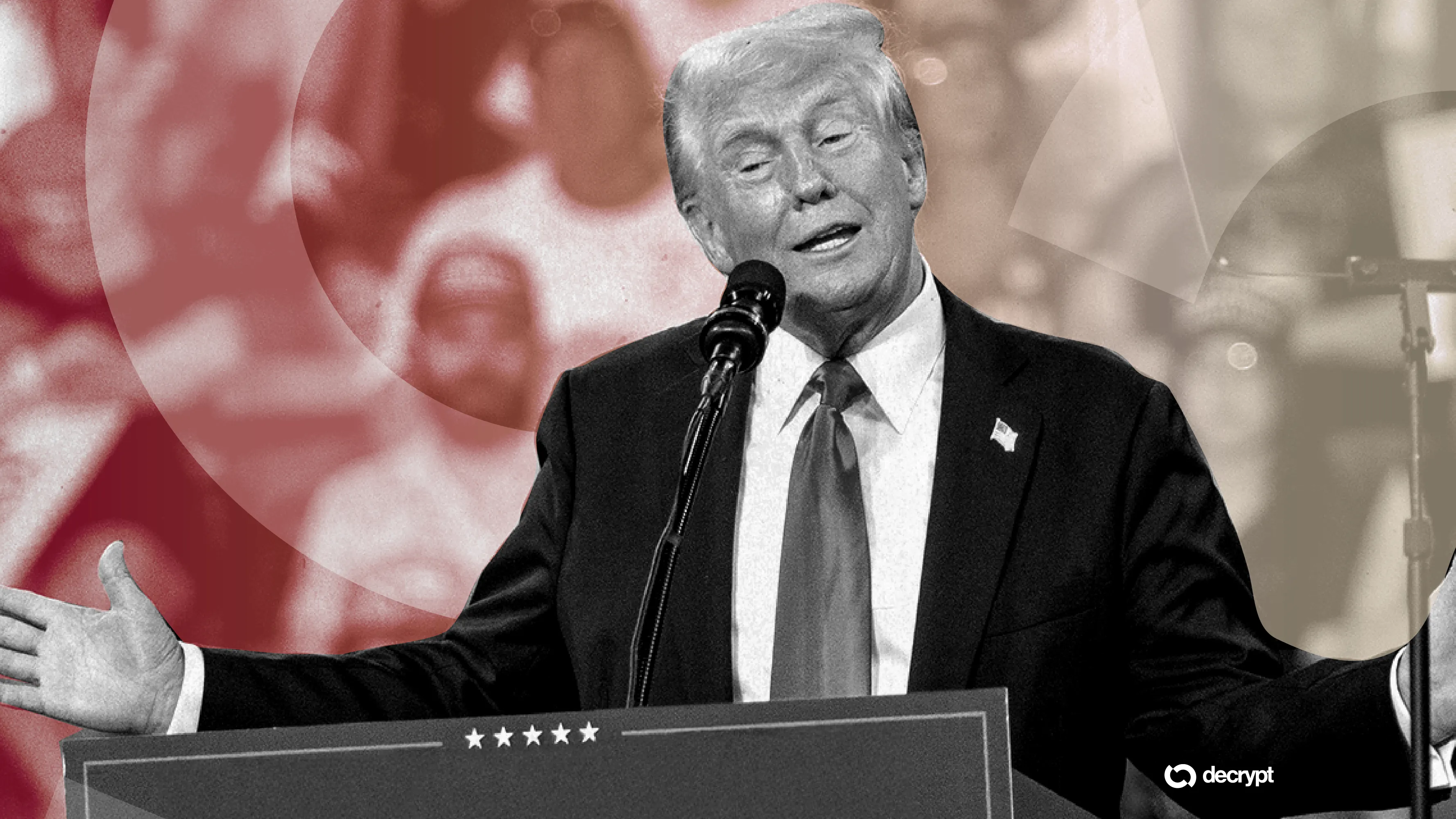In brief
- Crypto entrepreneur Arthur Hayes is bullish about Bitcoin's future 2025 price action.
- But the former BitMEX boss thinks more volatility is due—and that the coin could still drop to $90,000 before soaring.
- Hayes also said that the government is interested in stablecoins because the tokens could help get the deficit under control.
Bitcoin may be close to a new all-time high after breaking $110,000 earlier Thursday, but it's still likely to test $90,000 again this year after President Trump's "Big Beautiful Bill" is signed into law, crypto entrepreneur Arthur Hayes said this week.
In a Wednesday blog post titled "Quid Pro Stablecoin," the co-founder and former chief of crypto exchange BitMEX said that the president's bill—which wants to cut taxes and increase the debt ceiling—could lead the U.S. Treasury to borrow more.
The bill passed the House of Representatives moments ago, after previously clearing the Senate. President Trump is expected to sign the bill into law on Friday, Independence Day.
Hayes argued that the Treasury would refill its General Account, creating potential liquidity drain from markets—and in turn affecting the price of assets like Bitcoin. However, he ultimately thinks that Bitcoin will continue to push upwards thereafter, he added.
"Proceed with caution," he wrote, adding that "the bull market might be interrupted for a short period of time."
Bitcoin was recently trading hands for $109,594 per coin after barely moving over a 24-hour period. It has jumped by over 2% in the last seven days, according to crypto data provider CoinGecko, and is still 2% off its May all-time high of $111,814.
Hayes has previously said that U.S. central bank monetary policy—in particular, money printing—would ultimately benefit Bitcoin and other cryptocurrencies.
Back in May, the billionaire wrote that Bitcoin could hit $1 million per coin by 2028 as investors pull money out of U.S. treasuries and park it into other assets.
Hayes also wrote in his Wednesday blog post that the U.S. government's interest in stablecoins is not about solving payment issues, but rather cutting the deficit. Stablecoins are digital tokens pegged to the value of non-volatile assets, usually dollars.
The Senate last month passed the GENIUS Act, a piece of legislation that creates a framework for issuing and trading stablecoins in the U.S.
Hayes argued that the law would stop private companies from issuing stablecoins, and instead, big banks could use the digital tokens to buy up U.S. treasury bills as a way of reducing debt.
Edited by Andrew Hayward

